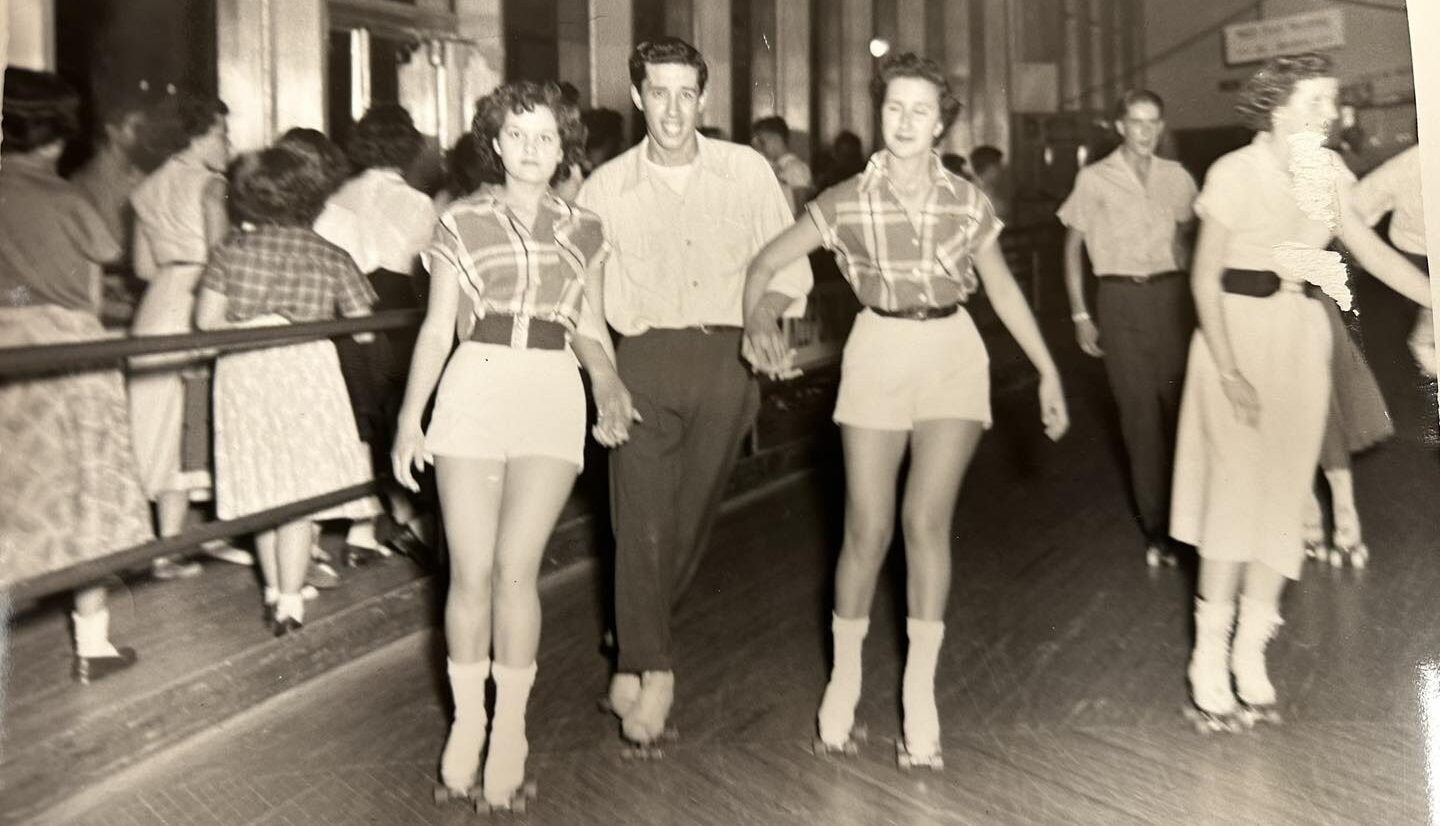“The surest way to make ourselves crazy is to get involved in other people’s business, and the quickest way to become sane and happy is to tend to our own affairs.”
– Melody Beattie, best-selling author
The need to be in control of everything can be exhausting. While it’s natural to want to be in control of your own life, offering unsolicited advice and criticism to those around you generally just serves to push them away.
The term “control freak” has often been used to describe a person who attempts to dictate how everything around them is done. Clinical psychologist Les Parrott wrote: “Control freaks are people who care more than you do about something and won’t stop at being pushy to get their way.” If your friends, co-workers or family members have used this term to describe you, read on. You’ll discover why you are trying to keep tight control over others and how learning to “live and let live” may be your best strategy for a more serene life.
Why such a need for control?
The causes of control issues are varied and long. People with control issues have their roots in anxiety, perfectionism, “Type-A” personalities, co-dependency and sometimes in more extreme cases, anti-social personality disorders. Most control freaks act out of worry and fear. They live with anxiety and insecurity and an illusion that they can control other people or attain perfectionism. In reality, we don’t have control over other people or over certain things in our lives.
Control freaks don’t delegate because they are afraid the people around them won’t rise to the occasion. This can range from a mother of a newborn who won’t let her partner help with the baby to a manager in a company that micromanages all of his staff. No matter the scenario the outcome is the same — the mother will become overwhelmed by caring for the baby on her own and the manager will burn out over time.
The need for control is really about you. It’s about a need that you are trying to fill or a fear that you may have. When a person is trying to control all the external chaos in their world, they are usually really trying to control their internal chaos.
Controlling people are often terrified of failure. Some were abused or neglected as children and this drives them to try and be in control of their lives because they had no control as a child. Some have a fear of abandonment that leads to an attempt to control those they are dependent on in relationships. Sometimes controlling people are so afraid of losing the people around them that they drive the ones they love away with their controlling behavior. The term “co-dependence” was derived from this type of behavior.
Whatever the reason for your need to control, accepting that this is an issue you have and working toward changing it is the key to living a better life.
How do I let go of control?
Use these 10 strategies to start ridding yourself of your inner control freak:
- Realize that perfectionism is an imperfection. It’s fine to pay attention to details and do a great job, but when you’re driving your loved ones or colleagues away, you need to re-examine your behavior.
- Stop thinking the world revolves around you. If you think everyone is watching you, you will hold yourself up to really high standards for fear of judgment. The reality is that people are busy in their own lives and will judge you more for being a control freak than for making a mistake.
- Listen to what people think and say. Other people’s ideas are just as important as yours, if not more important.
- Control is not power. Some people mistakenly believe that giving up control is giving up power. But in reality, you gain more power when you focus on what you can actually control.
- Practice empathy. Start to see the world from another person’s perspective. Become more aware of how you make other people feel when you control them, especially your family.
- Be part of a team. Working with others is so much more interesting than working to control them. Stop and listen before jumping in with your solution.
- Accept that there are different routes. Although other people may take a different road to get there, if the outcome is the same, you need to learn to accept it.
- Ask yourself what you have to lose. You’re not really losing any control because in the end you don’t really have control over other people.
- Plan to not make a plan. Just for a change, try to forge ahead just to see how it goes.
- Remember to live and let live!
Diane Lykes is a Principal of Synergy Counseling Associates in Albany where she specializes in individual and couples counseling, educational training and clinical consultation. She can be reached at 466.3100 or lykes-synergy@nycap.rr.com







